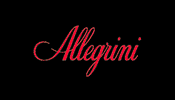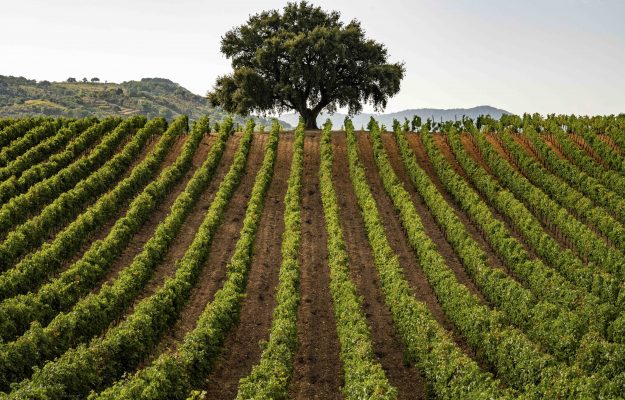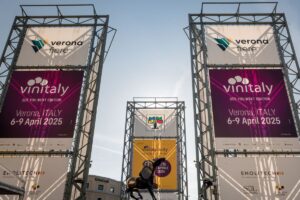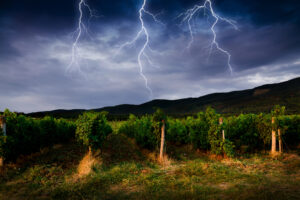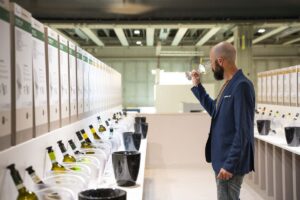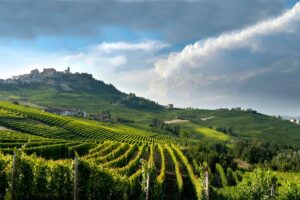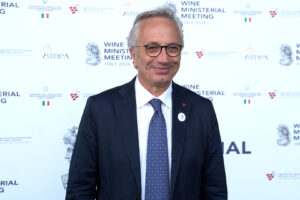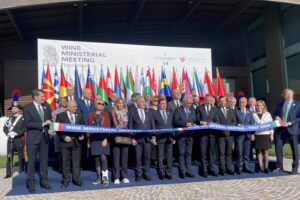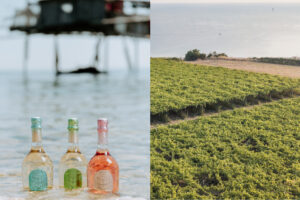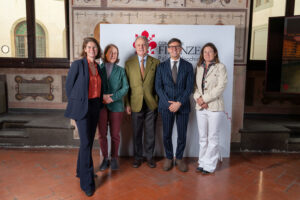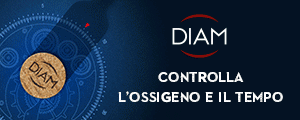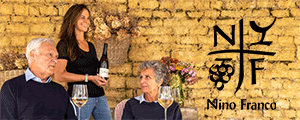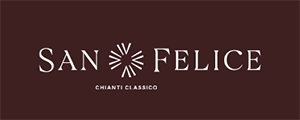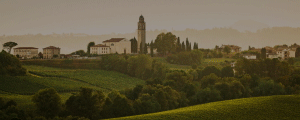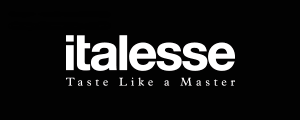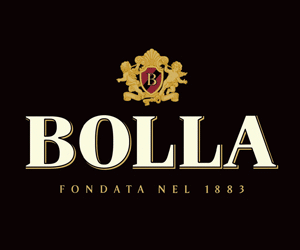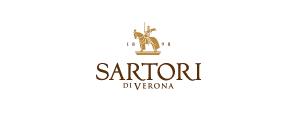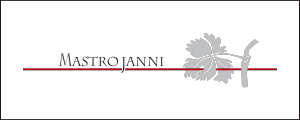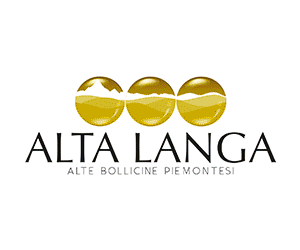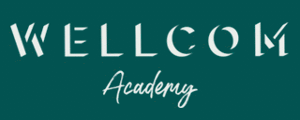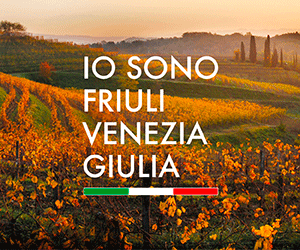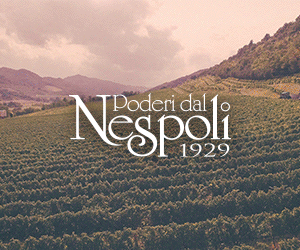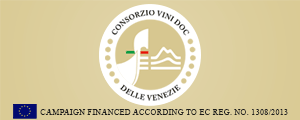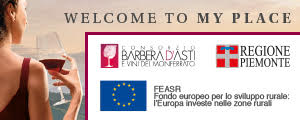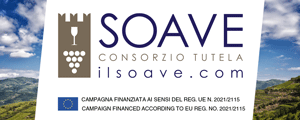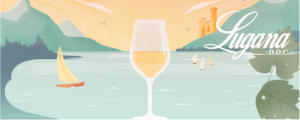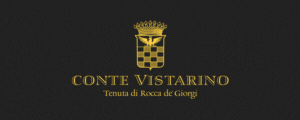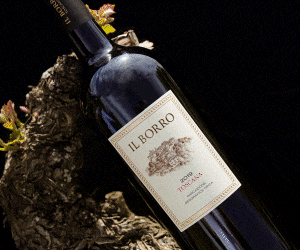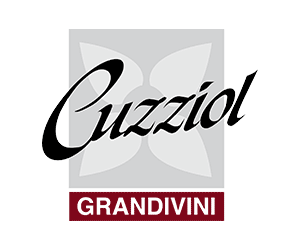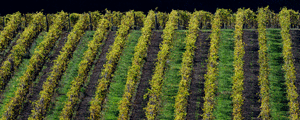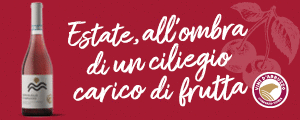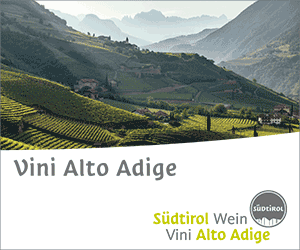Before thinking about the challenges it will have to face in 2022, expected by all to be the year of global economic recovery but destined to pass through a bottleneck fraught with problems of an economic and political nature, Italian wine is taking stock of a decidedly complex 12-month period (July 2020 to July 2021) that has been overcome with momentum. And it’s not just a question of impressions and hopes: it is the balance sheet figures of some of the most important and representative groups in Italy - co-operative and non-cooperative, from Cantina di Soave to Cantine Riunite & Civ, from Cantina di Verona to Terre Cevico, from Terre d’Oltrepò to Cantine Tollo, from Cantina Valpolicella to Piccini, from Mezzacorona to Cavit and Caviro - that certify the excellent state of health of the sector (which together are worth €1.7 billion in turnover), with an average growth in turnover of over 12%.
The health emergency, which has also reduced consumption outside the home during the period in question, has pushed companies to seek new channels - from e-commerce to large-scale distribution - and consolidate the presence of their products on international markets, where the impact of the pandemic has often been less acute than in Italy, especially in the first phase. Significantly above average is the 2021 balance sheet of Piccini 1882 - which in Tuscany owns Fattoria di Valiano (Chianti Classico), Tenuta Moraia (Maremma), Villa al Cortile (Montalcino) and Geografico (Gaiole in Chianti and San Gimignano), Torre Mora on Etna, and Regio Cantina in Aglianico del Vulture, for a total of 200 hectares under vine - which, with a growth of +40%, reached a turnover of 100 million euros, 32% in Italy and 68% on foreign markets. Turnover is also growing, thanks to the driving force of the foreign sector, which has increased by 50%, followed by the e-commerce channel. These results are the product of a virtuous strategy based on two aspects: the development of social responsibility and the diversification of sales channels.
Cantine Riunite - a cooperative made up of 1,500 members and 4,000 hectares under vine - also did well, approving the financial statements for the year ended on July 31 with a turnover of 237 million euros, up over 5% on the previous year, confirming its leadership in sparkling wines such as Lambrusco and Pignoletto, but also Prosecco. Shareholders’ equity reached 187.4 million, and the value of production over 21.5 million euros. On the export front, growth is 12%, thanks above all to Central and South America, the United Kingdom, Russia and the rest of Europe.
The 2020/2021 financial statements of Cantine di Verona, the first after the merger of Cantina Valpantena and Cantina di Custoza, reach 66 million euros, up 5% on the previous year, and a net profit of 409,668 euros, while shareholders’ equity amounts to 29.6 million euros (+15%), shareholder liquidations are up 10% and sales of the group’s nine shops reach 7.7 million euros (+8%).
The 2020/21 financial year of Terre Cevico, led by president Marco Nannetti, shows an aggregate turnover of the group that reaches 164.3 million euros, recording +3.22% on the previous year, while exports maintain their share of 52 million euros and account for 38% of consolidated revenues, confirming the propensity to international markets. Shareholders’ equity grew to 73.9 million euros (+2.6%), and the capital gain recognized to shareholders amounted to 6.4 million euros (+12.9%). Terre Cevico also unveiled the new partnership with Orion Wines - a Trentino-based company with properties also in Puglia - for production oriented towards organic and sustainable viticulture and marketing worldwide, and the acquisition of a further share of Cantine Montresor, in Valpolicella, which thus passes to 75% under the control of Terre Cevico.
The turnover of Terre d’Oltrepò stood at 35 million euros, up 12.9% on the previous year. A positive figure, to which must be added the good equity and financial structure given the ratio of shareholders’ equity, turnover and debts. Cantina di Soave Group will close the 2020/2021 financial year with a consolidated turnover of 133 million euro, 57% of which will come from the domestic market and 43% from abroad, up 10%, thanks also to a 19% increase in volumes sold. This year, the 2,000 wine-growing members saw their grape liquidation rise to 53.2 million euros, with an average profitability per hectare of 8,500 euros. Shareholders’ equity has also grown to more than 72 million euros, against an operating cash flow of 8.2 million euros and a profit for the year of more than 530,000 euros, and the liquidation destined for the remuneration of the grapes conferred by wine-growing members amounts to 53.2 million euros.
Cantina Valpolicella Negrar’s 2020/2021 financial statements set a new record, with a consolidated turnover of 43.2 million euros and +14% growth, thanks to new markets, large-scale distribution and online sales. Cantina Valpolicella Negrar also confirms its position as the leading producer of organic wines in terms of the size of its vineyards in Valpolicella: in 2021, the organic vineyard reached around 150 hectares, both certified and in conversion, out of a total of over 700. Worthy of note is the investment in San Pietro in Cariano, a 5,000-square-metre plant to set aside grapes for Amarone and Recioto. And again, Collis, another Veneto-based cooperative, together with its subsidiary Cantine Riondo, which is responsible for bottling and marketing the wine produced by its members, closed the 2020/2021 financial year with a consolidated balance sheet of €124 million, a gross operating margin of €8.5 million and a net profit of €2.8 million.
In Abruzzo, Cantina Tollo’s turnover amounted to 41.9 million euros (+12%), with a particularly significant figure coming from large-scale distribution in the foreign market, which saw an increase of 26.8%, while Italian large-scale distribution recorded an increase of 4.15%. The cooperative emphasizes that 22.5 million euros have been redistributed in the area, including the value of members’ contributions, salaries and allied activities of local companies.
Among the big names that presented their 2020/2021 financial statements at the end of the year is Mezzacorona, which reached an all-time record for its consolidated turnover, at 196.5 million euros (+1.5% on 2020), with a net profit of 3.2 million euros (+32.5% on 2020), a contribution value of more than 67.5 million euros paid out to shareholders, and a very high economic yield per hectare, at an average of 18,799 euros. These are decidedly important results, accompanied by an increase in consolidated assets, which rose from 101 to 104.2 million euros, a figure that highlights the great financial solidity of the Group which, at the close of the financial year on 1 July 2021, had 487 employees.
Caviro, the second largest Italian wine group in terms of turnover, and the largest in terms of size (36,300 hectares of vineyards tended by 12,400 members in 7 regions of Italy), closed its 2021 financial statements (as of August 31) with a consolidated turnover of 390 million euros, up 8% on 2020. The growth of the Romagna wine group, according to a note, was supported by excellent export results (+17%), of which wine +6% and B2b +75% and, in particular, by the extraordinary performance of the company Caviro Extra.
Lastly, Cavit, one of the most important Italian wine producers, is a second-level consortium comprising 11 cooperative wineries (Roveré della Luna, Cantina Rotaliana, Cantina di La-Vis e Valle di Cembra, Toblino, Cantina Sociale di Trento, Cantina di Aldeno, Vivallis, Agraria di Riva del Garda, Cantina d’Isera, Cantina Sociale Mori - Colli Zugna and Cantina Sociale di Avio) and controls four different companies such as Cesarini Sforza, the Trentodoc sparkling wine griffe, Casa Girelli, specialized in private labels (both 100%), the commercial Glv (80%) and the German winery Kessler Sekt & Co, the oldest sparkling wine producer in Germany (50.1%), a galaxy that is summed up in the group’s 2020/2021 consolidated financial statements that show strong growth, at € 271 million (+29%), achieved both through organic growth and the 12-month consolidation of recently acquired companies. An important and significant result, therefore, for a reality that brings together 5,250 winegrowers and represents 60% of the total vineyard area in Trentino.
Copyright © 2000/2024
Contatti: info@winenews.it
Seguici anche su Twitter: @WineNewsIt
Seguici anche su Facebook: @winenewsit
Questo articolo è tratto dall'archivio di WineNews - Tutti i diritti riservati - Copyright © 2000/2024



